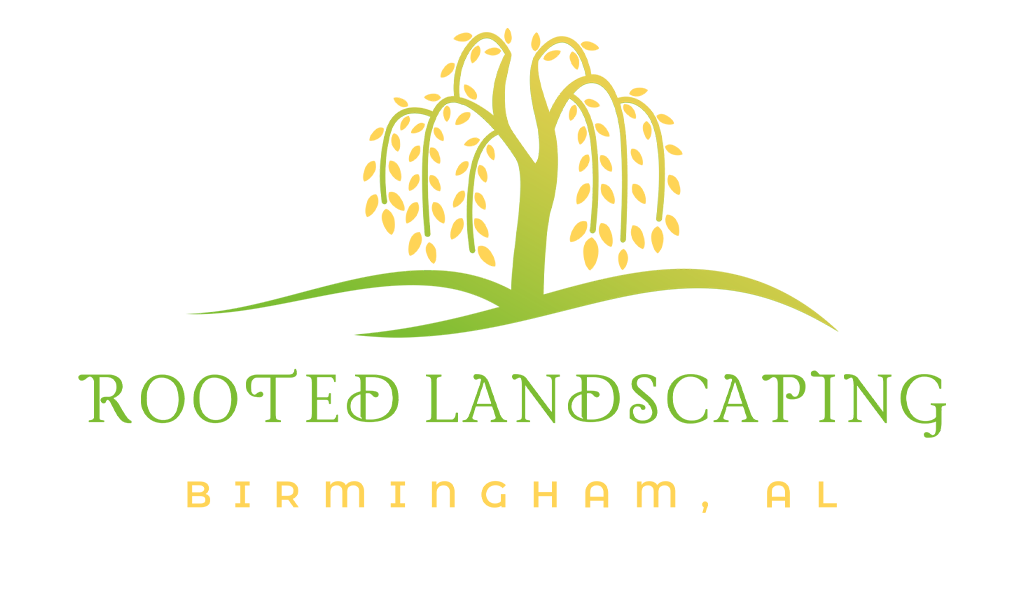Title: Harnessing the Power of Rain Gardens for Sustainable Stormwater Management in Midfield, AL
Introduction:
In Midfield, Alabama, like many communities across the country, managing stormwater runoff is a pressing issue. Excessive rainfall can lead to flooding, erosion, and water pollution, putting a strain on existing infrastructure and natural ecosystems. However, a sustainable solution that is gaining traction in Midfield and beyond is the implementation of rain gardens. These innovative landscaping features not only help manage stormwater but also enhance the beauty and functionality of urban spaces.
What are Rain Gardens?
Rain gardens are shallow, landscaped depressions designed to capture and absorb rainwater runoff from impervious surfaces like roofs, driveways, and sidewalks. By directing stormwater into these specially designed gardens, excess water is able to infiltrate into the soil, recharging groundwater and reducing the volume of runoff that flows into storm drains and waterways.
Benefits of Rain Gardens for Stormwater Management:
1. Flood Mitigation: By capturing and slowing down stormwater runoff, rain gardens help reduce the risk of flooding in urban areas, protecting properties and infrastructure from water damage.
2. Water Quality Improvement: Rain gardens act as natural filters, removing pollutants and sediment from stormwater before it reaches rivers and streams, thereby improving water quality and protecting aquatic ecosystems.
3. Groundwater Recharge: The infiltration of rainwater into the soil through rain gardens helps replenish groundwater reserves, ensuring a sustainable water supply for the community.
4. Biodiversity and Aesthetics: Rain gardens provide habitat for native plants and wildlife, adding greenery and beauty to urban landscapes while promoting biodiversity.
Implementing Rain Gardens in Midfield, AL:
Incorporating rain gardens into Midfield’s stormwater management strategy can bring numerous benefits to the community. By retrofitting existing green spaces or incorporating rain gardens into new development projects, the city can effectively manage stormwater while creating attractive and functional landscapes. Collaboration between local government, community organizations, and residents is key to the successful implementation of rain gardens in Midfield.
Conclusion:
Rain gardens offer a sustainable and cost-effective solution to stormwater management in Midfield, AL, and other urban areas facing similar challenges. By harnessing the power of nature to capture, filter, and infiltrate stormwater runoff, communities can protect water resources, reduce flooding, and enhance the beauty of their surroundings. Embracing rain gardens as a tool for sustainable development is a step towards creating resilient and vibrant cities for generations to come.


